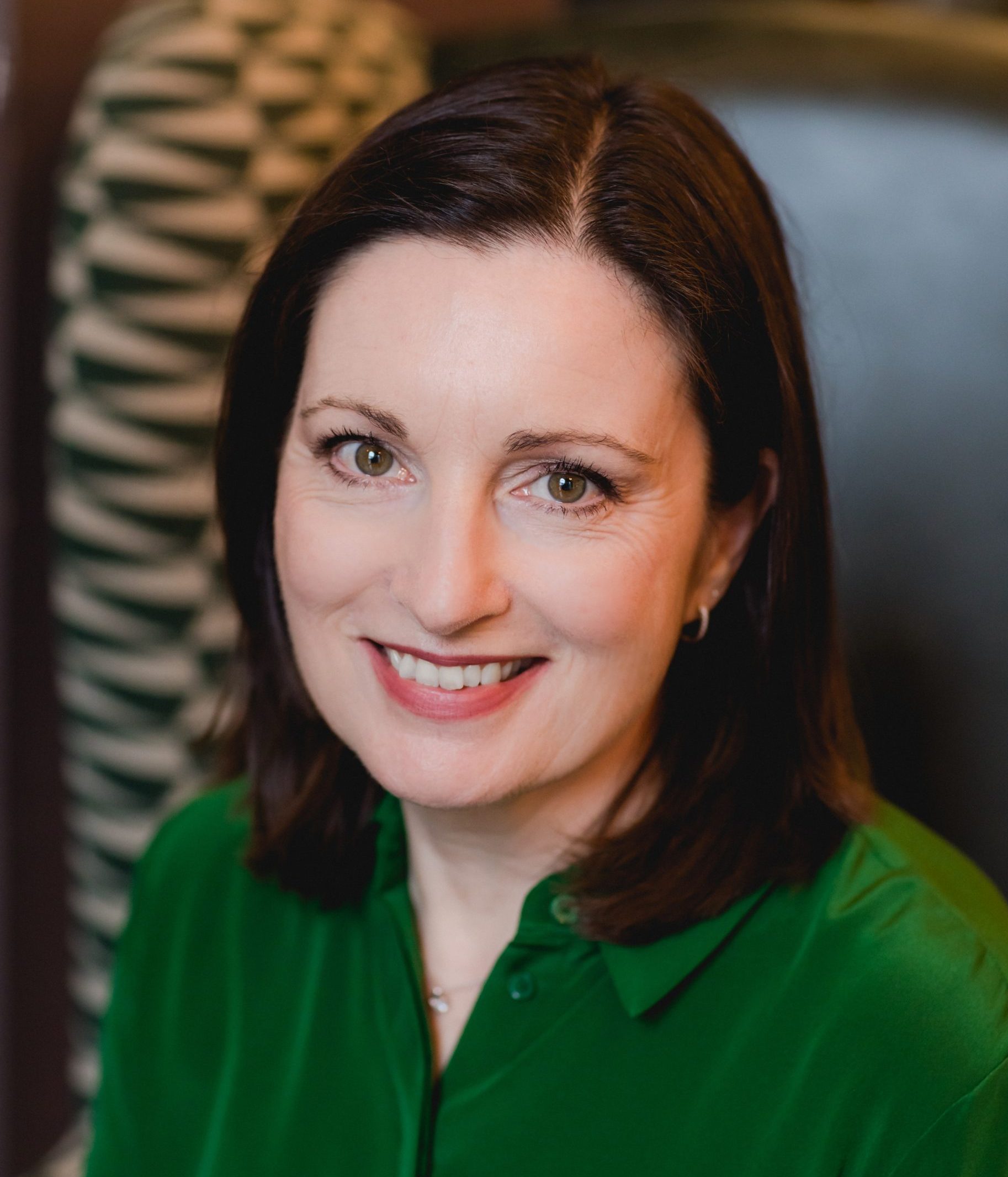Fake wine: ‘we are scratching the surface’
The amount of fake and counterfeit fine wine in the global market is still “huge” according to Maureen Downey, fine wine authentication expert and head of Chai Consulting.
Speaking during a wine industry conference at last week’s Hong Kong International Wine & Spirits Fair, Downey said that the majority of counterfeit bottles had yet to be discovered by the trade and consumers, although she declined to put a figure on the amount of that could be in circulation (despite a recent estimate on this website that as much as 20% of global fine wine sales are fake).
“What percentage do we think is fake? I don’t think it is quantifiable, but I do think we are scratching the surface of something that is huge,” she said.
Supporting her view, she pointed out that alleged wine counterfeiter Rudy Kurniawan was selling as much as US$1 million worth of fine wine each month from 2002 until his arrest last year.
But, she added, “How much fake wine he was able to throw into the market… we have no idea”.
She also drew on further examples, recording for instance that “lots of fake Barton & Guestier 1900 Margaux was made”.
Although the forger responsible, Khaled Rouabah, was convicted in 2004, she said that “many of the bottles are still out there”.
Meanwhile, one of the most regularly faked wines in the world is 1945 Mouton-Rothschild according to Downey, who told attendees of the wine industry conference that Kurniawan allegedly had a “recipe” for this particular prized wine.
Downey claimed this was a mix of 50% Pichon-Lalande 1988, 25% fresh Napa Cabernet and 25% oxidised Bordeaux.
Although Downey said the problem with counterfeit fine wine was global, she stressed that the quantity of fake bottles in Asia could be especially high because it is “a nascent market” with collectors “chasing trophy wines”.
In particular, Hong Kong’s abolition of wine duty in February 2008 “led to a flood of vendors, a lot of whom didn’t have enough education [in fine wine] or were opportunistic, and took advantage of others without the education,” she explained.
She also noted that “some vendors in the USA who were selling fake wines saw an opportunity in Asia and moved their product and sometimes their whole business over here.”
Continuing she said, “They were relying on the cultural stigma about ‘saving face’ in Asia, so if collectors were defrauded, they would rather be quiet about it than suffer a loss of honour.”
Partner Content
However, she urged Asian collectors “to go after those who have defrauded them”.
“Victims should come forward, they can get their money back and help put bad people in jail,” she said.
Concluding, she recalled, “Back in 2002 when I saw fraud was an issue, I was screaming in an empty room, and I need to keep screaming, because there are still criminals and bad sources of wine.
“But we also need to keep talking about the good sources,” she said, noting that collectors should source fine wines from a few of the major international auction houses and established, responsible fine wine retailers and merchants.
Downey’s comments echoed those of Sotheby’s Serena Sutcliffe MW, who, as reported by db last year, said that allegations concerning counterfeiting were “the tip of the iceberg”, and that there was still a “huge amount” of counterfeit wine being sold privately through dealers or “some auction houses”.
Meanwhile, in late September, Downey’s company, Chai Consulting, which is headquartered in San Francisco, set up a London-based European office spearheaded by Siobhan Turner, former executive director of The Institute of Masters of Wine.
Turner told db that there was still a requirement for “strategic advice” among fine wine collectors in Europe, and she recorded a “particular need for the full range of Chai’s services in France and Switzerland”.
She said that such services included helping people manage their collections, such as what to drink, what to sell, and where to buy, as well as “authentication work”.
“There is an opportunity for the Chai team to help people assure themselves that what they’ve bought really is what they think they’ve bought,” said Turner.
Chai Consulting has also taken on East Coast based Sheri Sauter Morano MW to provide a personalised service in the New York area.
Click here to read more about Chai Consulting and Maureen Downey, who featured in db‘s list of the Top 50 most powerful women in wine.




